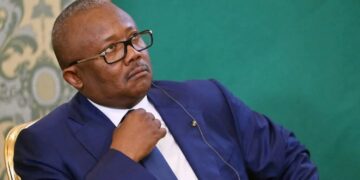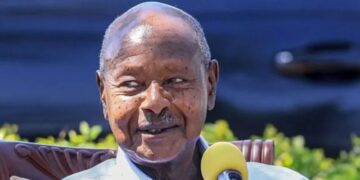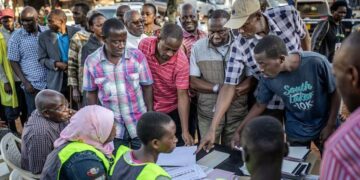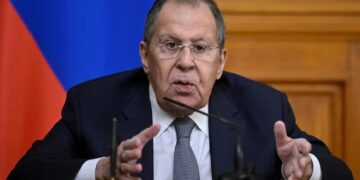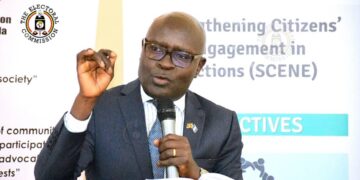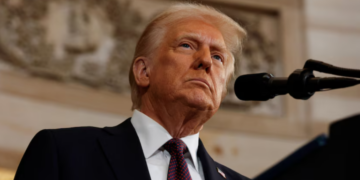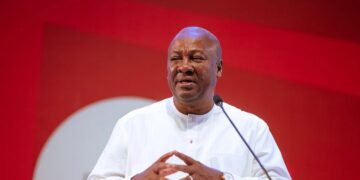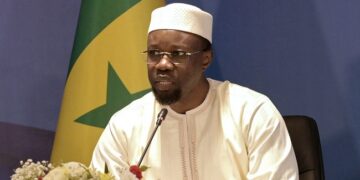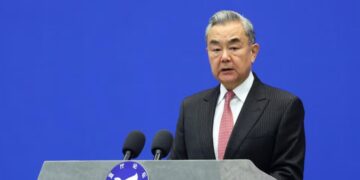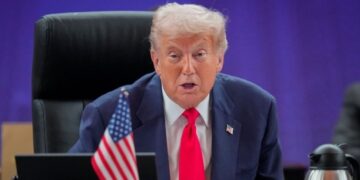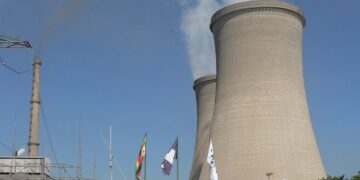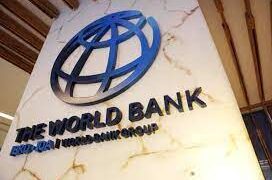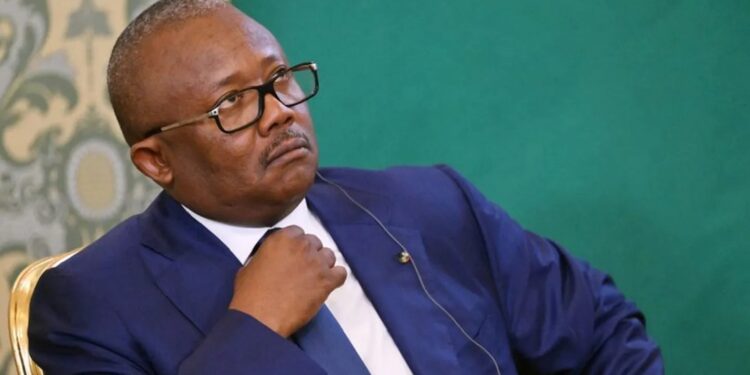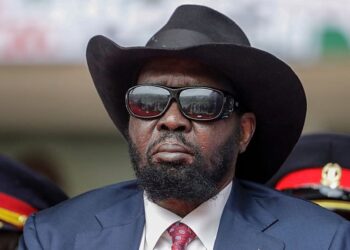By Enyichukwu Enemanna
Guinea-Bissau has expelled two major Portuguese media outlets and ordered their journalists to leave the country at a date not later than August 19, escalating an already heightened tension with Lisbon.
In a government decree released on Friday, President Umaro Sissoco Embaló suspended the reporting activities of Portuguese state news agency Lusa and public broadcaster RTP Africa, including its radio arm, RDP Africa.
Foreign Minister Carlos Pinto Pereira confirmed the expulsions, telling journalists: “The expulsion is a government decision. We will provide the reasoning behind this decision at a press briefing, probably tomorrow (Saturday). We have received the reactions of the Portuguese government. We will address it in an appropriate forum.”
The diplomatic rift stems from President Umaro Sissoco Embaló, a former army general elected in 2019, who had pledged to serve only one term but announced in March that he would run again, despite opposition claims that his mandate expired in February.
He has since postponed elections to November 23, fueling accusations of clinging to power.
On August 7, Embaló appointed Braima Camará as prime minister, the third since 2020, further heightening concerns about governance in a country long marked by coups, corruption, and contested authority.
The crackdown on Portuguese media also follows Embaló’s earlier threats to expel an ECOWAS mediation mission, which had attempted to broker consensus over the election timetable.
Analysts have warned that the latest move could deepen Guinea-Bissau’s isolation at a time of heightened uncertainty.
In Lisbon, the Portuguese government condemned the expulsions, calling the action “highly reprehensible and unjustifiable.” Portugal’s foreign ministry said it had summoned Guinea-Bissau’s ambassador for an urgent meeting to seek clarification.
The dispute highlights the enduring influence of former colonial powers in Africa’s fragile democracies. Since gaining independence in 1974, Guinea-Bissau has struggled with coups, weak institutions, and persistent corruption.
However, Portugal has remained one of its most important diplomatic and cultural partners, particularly through the Community of Portuguese-Speaking Countries (CPLP), which Guinea-Bissau currently chairs.
The expulsion of the Portuguese media, viewed as a link to the wider Lusophone world, marks a significant strain, raising questions about media freedom and international oversight in one of the world’s poorest and most politically unstable countries.
Embaló, who was due in Lisbon on Monday for a CPLP ceremony marking his tenure as rotating president, has now cancelled the trip, casting a shadow over the organisation meant to strengthen cooperation among Lusophone nations.
